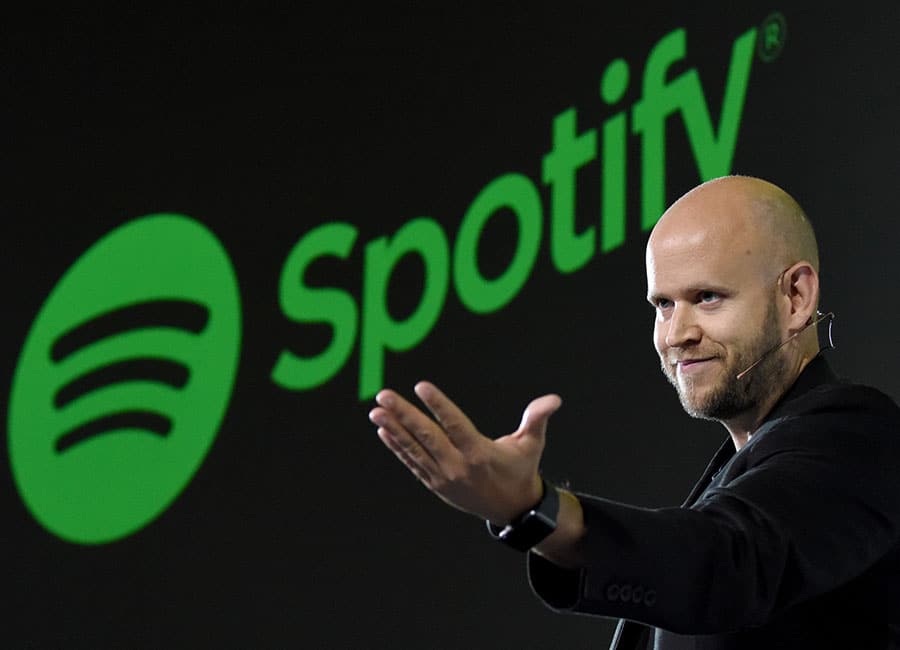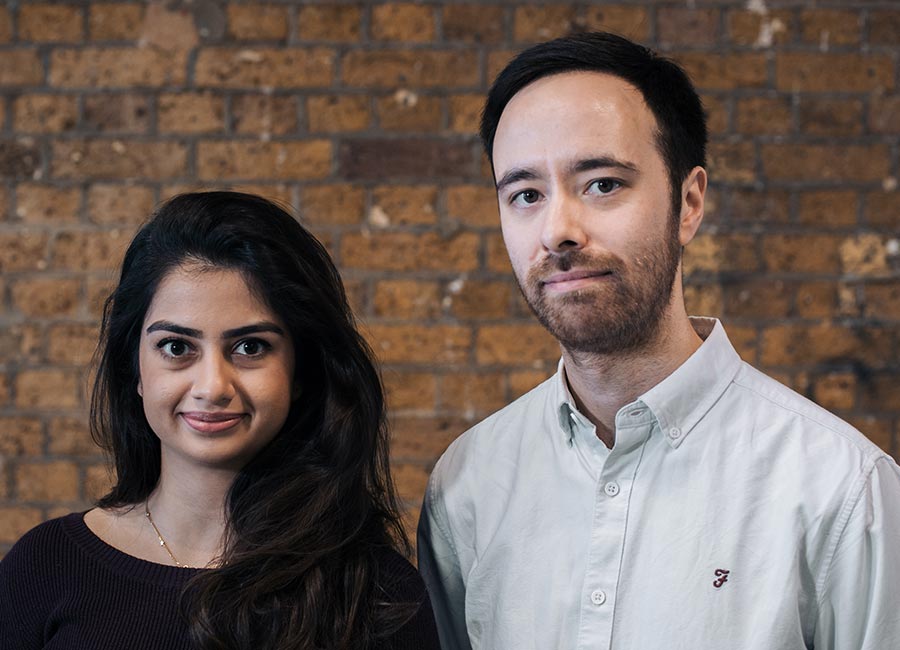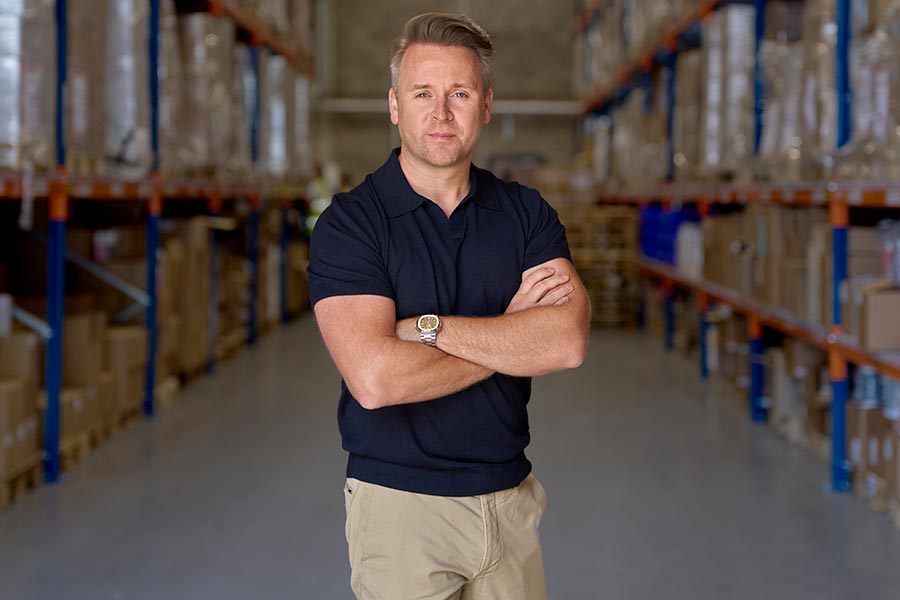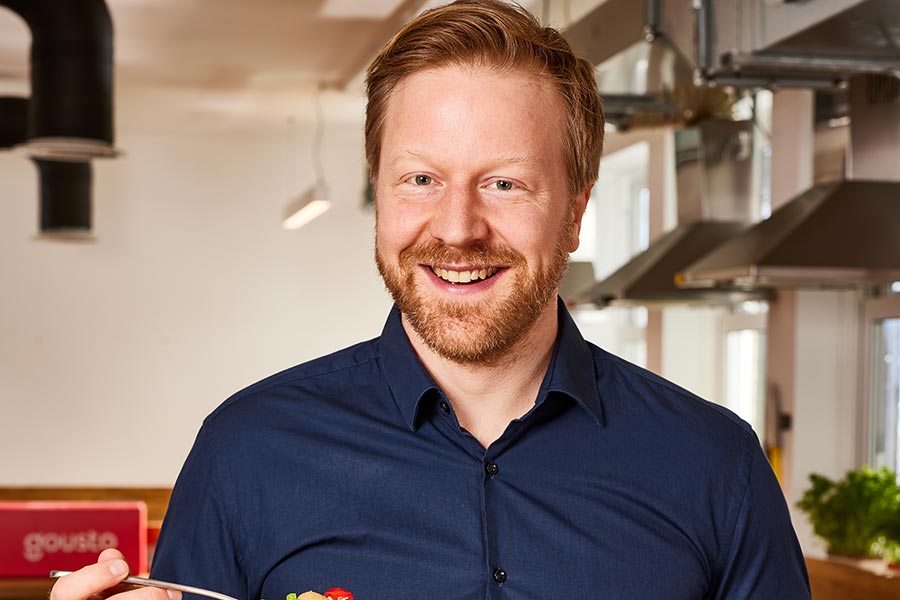John Flynn is possibly the most successful graduate ever to emerge from the Institute of Art Design and Technology, writes Nick Mulcahy.
The best business TV drama of 2022 was The Playlist on Netflix, a six-part series charting the early days of Spotify. The Swedish streaming service has turned out to be a financial disaster for musicians, but it made a billionaire of founder Daniel Ek, and this year the company minted several Irish millionaires too.
Chief among them is John Flynn, possibly the most successful graduate ever to emerge from the Institute of Art Design and Technology (IADT) on Kill Avenue in south Dublin. Flynn was co-founder with Zeena Qureshi of Sonantic, with Flynn the brains behind the technology and Qureshi providing the sales hustle.
The venture was established in December 2018 after the pair met at Entrepreneur First, a networking group in London for aspiring founders.
Since leaving IADT, John Flynn had been trying to work out how to make the most realistic text to speech possible. His aim was to bring to market the world’s first human-quality AI voice actors, enabling text-to-speech performances that can be shaped and directed just like with human actors.
The upshot of the Sonantic tech is that once an actor’s voice is in the system, with that input spanning multiple speech variations, you just insert the words at the other end and out comes the very realistic actor’s voice.
That’s very handy for makers of video games and commercials, and the actors as well of course, because they no longer have to speak into a microphone for every gig.
In July 2012, Spotify agreed to pay €93m cash to acquire Sonantic, which had trade debtors of £85,000 and net worth of just £3.4m. In addition to the purchase consideration, there are cash payments of €30m contingent on the continued employment of certain employees.
According to Spotify: “We have identified several potential opportunities for text-to-speech capabilities across our platform, and we believe that over the long-term high-quality voice will be important to growing our share of listening.
“For example, this voice technology could allow us to give context to users about upcoming recommendations when they aren’t looking at their screens. Using voice in these moments can reduce barriers to creating new audio experiences and open up the doors to even more new opportunities.”
John Flynn (40) hails from Celbridge and initially went to Trinity College Dublin to study Computer Science. He dropped out after nine months and enrolled at IADT in 2003.
“I had a creative pull towards studying film, and I was constantly tinkering around on the technical side, doing programming and things like that,” he recalls. “Coming out of IADT I had this job opportunity in London to work on a Harry Potter film, so I moved over. It was the first film that I worked on, and it was too good an opportunity to turn down.”
Flynn dovetailed his role in audio dailies processing at Technicolor with pursuing his electronic music ambitions. This led to a collaboration with Icelandic star Bjork, and in 2012 Flynn was also involved in establishing Balance Mastering, a small venture that developed digital music programs.
Further education followed from 2016, when Flynn undertook a Master’s degree in Sound and Music Computing at Queen Mary University of London.
According to Flynn: “I wanted to create a different type of AI voice, something that is much more expressive and emotional than Siri or Alexa. I was very curious about how we could model voices like Christian Bale, for example. Can we actually do something like that and make artificial voices sound really expressive and emotional?”
In 2018 Flynn rocked up at Entrepreneur First Network, which he describes as Love Island meets The Apprentice. “The idea is that you don't necessarily have a business to start with, unlike other accelerators,” he explains.
“You go in and you meet somebody, and you form a business together. You find your co-founder and then you build a business based on the individuals’ different skills.
“The Love Island part is that they encourage you to mix around and explore different co-founders and different ideas. I was friends with Zeena initially, though we didn't really consider working together until close to the end of the programme when I found out that she worked in speech therapy for children with autism. Her expertise in speech mirrored my interest, so we decided to work together.
“Very quickly Zeena put her business hat on and suggested that Sonantic should focus on gaming instead of film. I was exploring how to use AI voices in the film workflows that I understood.
“Gaming is similar to film, but games makers are more willing to take on new technologies and to explore new things. Within a few weeks we had five pilots with top games companies. We knew we had something to start with to turn the technical work that I was doing into a proper business.”
Ted Persson of venture capital investor EQT Ventures met the Sonantic founders at an Entrepreneur First karaoke night and decided to invest.

As Persson explains: “Sonantic’s solution offers the full range of emotional breadth and idiosyncratic variation of the human voice, like breath, pitch, intonation, pacing, and intensity. This is a virtual copy of the real thing, unlike any other tool in this space we’ve come across.”
Flynn says that sourcing VC investment from EQT and others was a key step. “That's when we realised that we were onto something. Every step on the journey was very much like, let's just get to this step and we'll worry about the next section later.
“Finding those right investors was very important for us. They understood what we were doing and what the technology is, and they got stuck in and helped us with practical advice.
“The next step was bringing people on board for the Sonantic team. That was the exciting part, when you really start to see it coming together and people ditch another amazing project for your project.”
Prior to 2022, Sonantic was engaging with Spotify as a customer for about two years, says Flynn. The Swedes’ interest sharpened when Sonantic started preparing for a Series A fundraising round. Flynn and Qureshi were inclined to stay independent but then decided that the Spotify culture would be a good fit, not to mention the millions.
“Our values are very similar,” says Flynn. “We care about the highest quality emotional voices, and Spotify is like HBO for your ears - the content level is really good.”
The Sonantic team of 25 people has been integrated into Spotify’s London office, and the first fruits of the partnership will be available in the app from Q1 2023.
Photo: Audio magic worked well for Sonantic founders John Flynn and Zeena Qureshi










